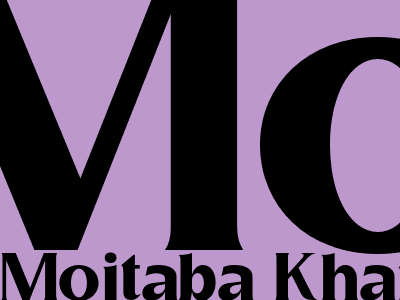
Mojtaba Khamenei to Succeed Father as Iran's Supreme Leader Amid Health Concerns
Secret Election Held to Determine Ayatollah Khamenei's Successor
In a significant development within Iran's political landscape, reports have emerged suggesting that Ayatollah Ali Khamenei's son, Mojtaba Khamenei, has been secretly selected as the next Supreme Leader of the Islamic Republic.
The news comes amidst growing concerns over Ayatollah Khamenei's health, raising questions about the future of Iran's leadership.
Succession Plan in Place
According to sources close to the Iranian government, a secret election was held to determine Ayatollah Khamenei's successor. The Assembly of Experts, a body of clerics responsible for selecting the Supreme Leader, reportedly convened in private to make the decision.
While the election process and the exact date of the vote remain confidential, sources indicate that Mojtaba Khamenei emerged as the clear favorite among the candidates.
Mojtaba Khamenei's Profile
Mojtaba Khamenei, 55, is a cleric and the second son of Ayatollah Khamenei. He has held various positions within the Iranian government, including as head of the Imam Reza Shrine Foundation, a powerful religious organization.
Mojtaba Khamenei is known for his conservative views, particularly on social and cultural issues. He is also considered a hardliner on foreign policy, advocating for a strong stance against Western powers.
Health Concerns and Transition of Power
The reports of Ayatollah Khamenei's health concerns have raised questions about the timing of the succession plan. The 83-year-old Supreme Leader has reportedly been suffering from prostate cancer, although the Iranian government has denied these claims.
If the health concerns persist, it is possible that the transition of power to Mojtaba Khamenei could occur sooner than expected. However, it remains unclear when exactly this transition will take place.
Implications for Iran's Future
The selection of Mojtaba Khamenei as the next Supreme Leader is likely to have significant implications for Iran's political and religious landscape. His conservative views could lead to a shift in policies, potentially impacting Iran's relations with the international community and domestic social issues.
It is important to note that these reports are based on unconfirmed sources, and the Iranian government has not officially announced the selection of Mojtaba Khamenei as the Supreme Leader. However, the rumors and speculation surrounding the issue highlight the significance of succession planning within Iran's political system.